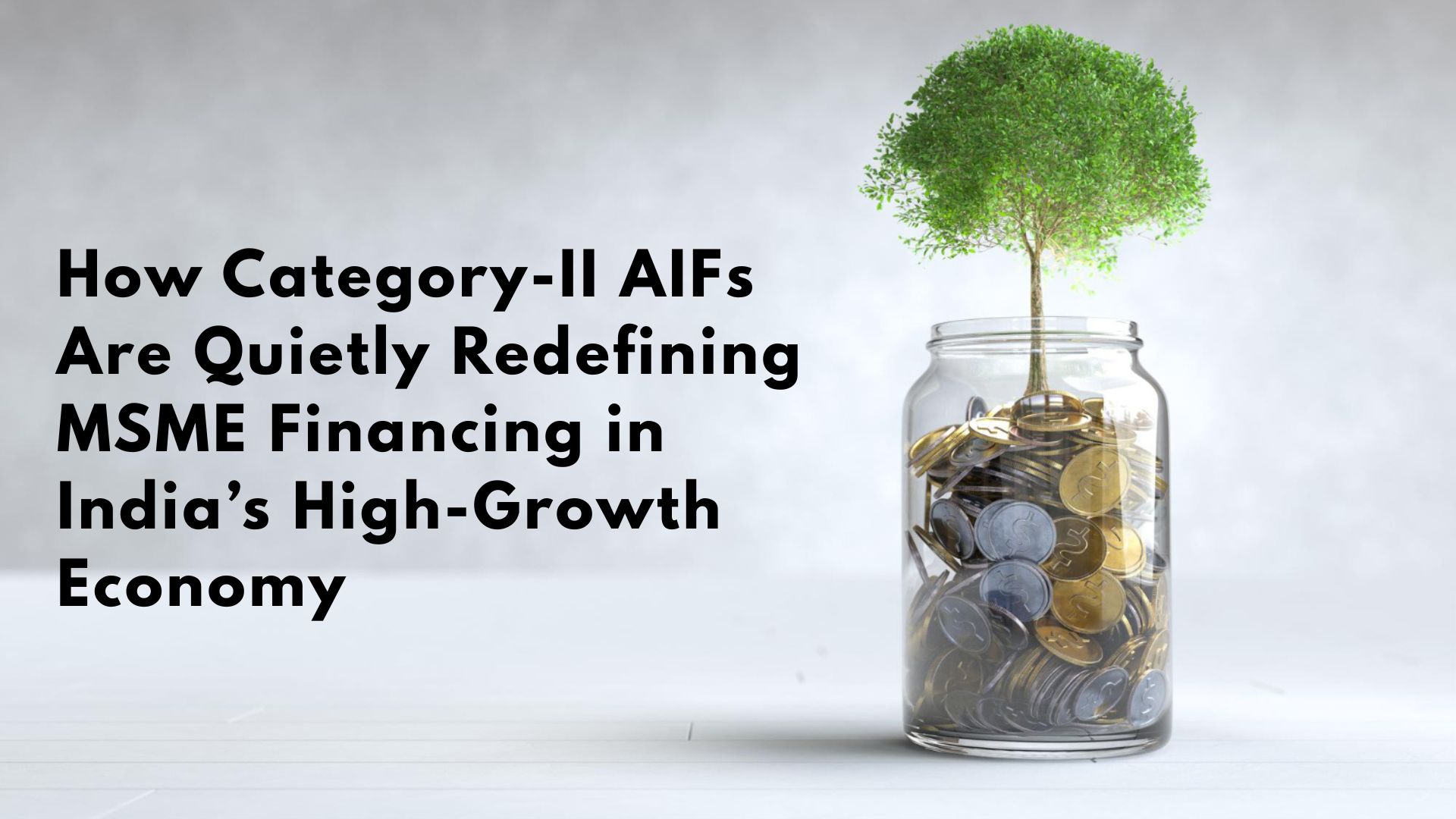India’s Creditworthiness Index for MSMEs – Global Trends & Lessons from International Markets

The development of India’s Creditworthiness Index for MSMEs takes place against a backdrop of global financial innovation and evolving credit assessment practices. By examining international experiences and drawing lessons from mature markets, India can refine its approach and potentially leapfrog traditional credit scoring models.
In the United States, for instance, the Small Business Credit Survey conducted by the Federal Reserve provides valuable insights into the financing needs and challenges faced by small businesses. This annual survey informs policy decisions and helps financial institutions better understand the MSME landscape. India’s Creditworthiness Index could incorporate similar regular surveys to ensure it remains responsive to the changing needs of the MSME sector.
The European Union’s efforts to standardize credit assessment practices across member states through initiatives like the European Credit Scoring Index (ECSI) offer important lessons in cross-border harmonization. As India seeks to create a unified credit assessment framework across diverse states and industries, the EU’s experience in balancing local nuances with standardized metrics could prove invaluable.
China’s use of alternative data sources in credit scoring, particularly through platforms like Ant Financial’s Sesame Credit, demonstrates the potential of incorporating non-traditional indicators into creditworthiness assessments. While privacy concerns must be carefully addressed, the integration of digital footprints and online behavior into credit scoring models could provide a more comprehensive view of an MSME’s reliability and potential.
The success of peer-to-peer lending platforms in countries like the United Kingdom and Australia highlights the growing importance of alternative finance for MSMEs. India’s Creditworthiness Index could be designed to facilitate integration with such platforms, potentially expanding the pool of available capital for small businesses.
Japan’s approach to supporting MSMEs through government-backed credit guarantee schemes offers insights into how public policy can complement credit assessment tools. As India refines its Creditworthiness Index, consideration should be given to how it can interface with existing and future government support programs for the MSME sector.
The global trend towards open banking and data sharing, as seen in initiatives like the UK’s Open Banking Standard, underscores the importance of creating a secure and standardized framework for data exchange. India’s Creditworthiness Index should be designed with interoperability and data portability in mind, enabling MSMEs to leverage their financial data across multiple platforms and services.
International experiences also highlight the importance of transparency and explainability in credit scoring models. As algorithmic decision-making becomes more prevalent, ensuring that MSMEs understand the factors influencing their creditworthiness scores will be crucial for maintaining trust and fairness in the lending ecosystem.
Moreover, the global push towards sustainable finance and ESG (Environmental, Social, and Governance) criteria in investment decisions suggests that India’s Creditworthiness Index should consider incorporating sustainability metrics. This could incentivize MSMEs to adopt more sustainable practices while potentially opening up new avenues for green financing.
The ongoing debate around the use of AI and machine learning in financial services, particularly in markets like Singapore and Switzerland, offers valuable insights into the regulatory challenges and ethical considerations associated with advanced credit scoring models. As India develops its Creditworthiness Index, careful attention should be paid to issues of bias, fairness, and algorithmic accountability.
Lastly, the global trend towards real-time payments and instant lending decisions, as seen in countries like Sweden and South Korea, underscores the need for India’s Creditworthiness Index to be dynamic and capable of rapid updates. This real-time capability could significantly enhance the agility of MSME lending in India, allowing businesses to seize opportunities quickly.
By carefully studying these global trends and experiences, India can develop a Creditworthiness Index that not only addresses domestic challenges but also positions the country at the forefront of financial innovation. This global perspective ensures that the index will be robust, forward-looking, and aligned with international best practices in MSME finance.











